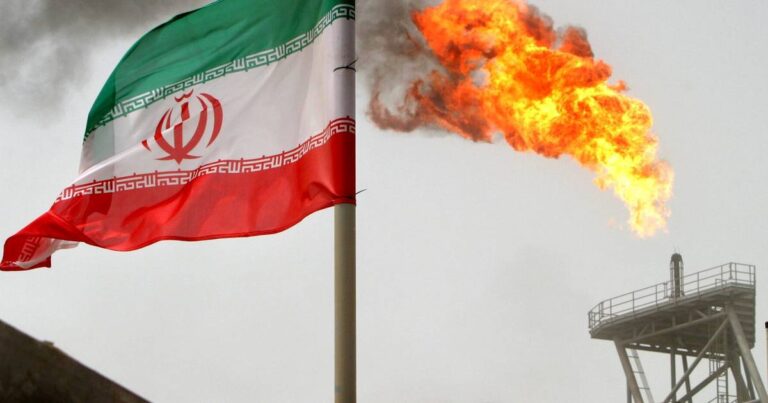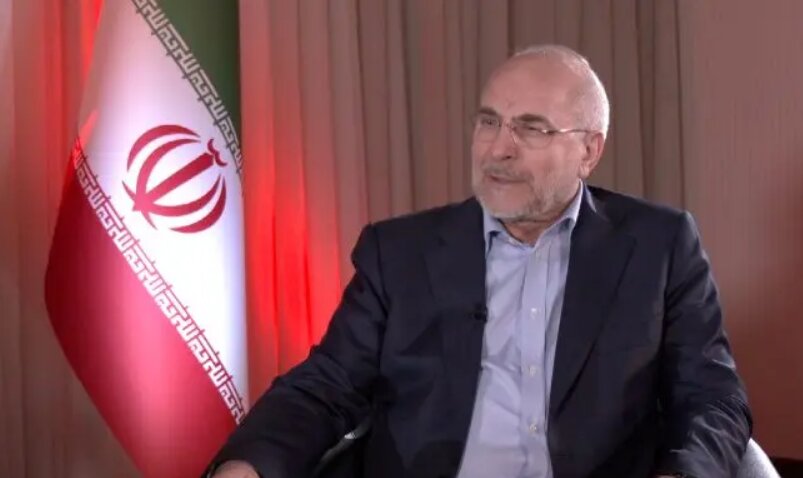
Similar Posts
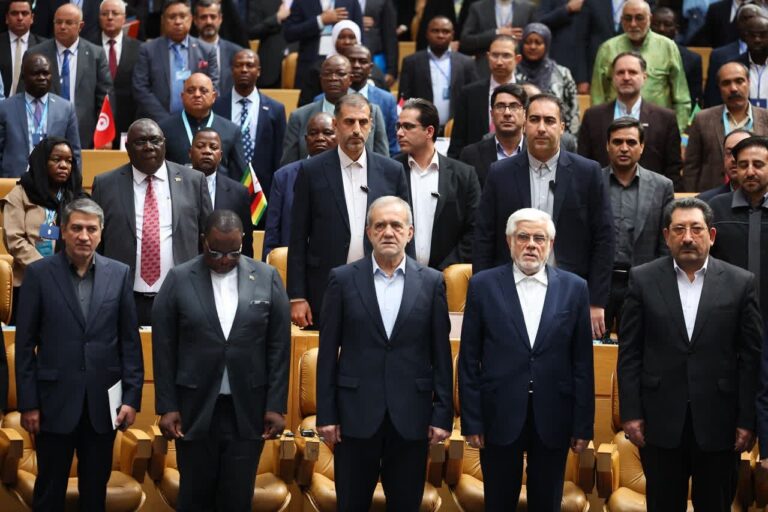
Iran-Africa Economic Cooperation Conference Launches New Era of Trade and Investment
The Third Iran-Africa Economic Cooperation Conference is taking place in Tehran, gathering high-ranking officials and private sector leaders from Iran and Africa to explore economic opportunities and strengthen ties. Organized by Iran’s Ministry of Industry and Foreign Affairs, the conference commenced on April 27 and includes a visit to Isfahan to showcase Iran’s industrial capabilities. Concurrently, the IRAN EXPO 2025 will run from April 28 to May 2, highlighting Iran’s export potential. This event aims to enhance trade relations, share expertise, and foster diplomatic and cultural exchanges, ultimately paving the way for increased collaboration and sustainable development between Iran and African nations.
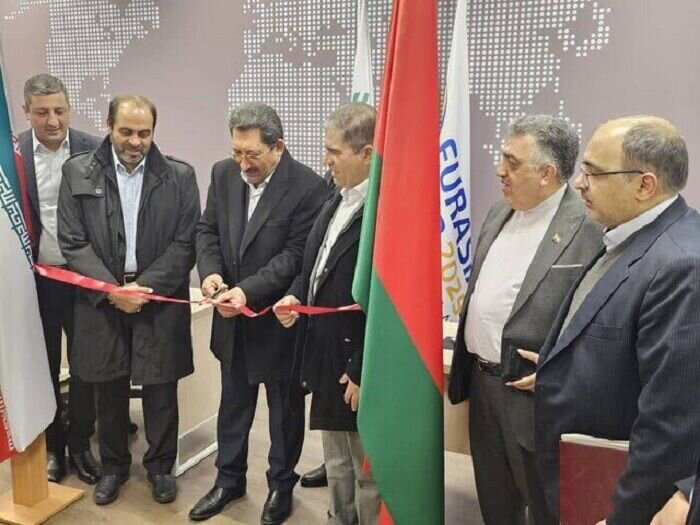
Iran Launches New Trade Center in Minsk, Boosting Economic Ties with Belarus
Iran’s Minister of Industry and the Chief of the Trade Promotion Organization convened an expert meeting to enhance trade with Belarus. Key proposals included improving trade facilitation, conducting market research on in-demand products, developing logistics solutions, establishing favorable financial mechanisms, and simplifying regulations. The discussions emphasized collaboration to address challenges such as regulatory barriers, logistical issues, and market competition. Strengthening ties with Belarus is vital for diversifying export markets, increasing revenue, and fostering strategic partnerships. The proactive approach aims to create a robust economic relationship, positioning Iranian businesses for success in the Belarusian market.
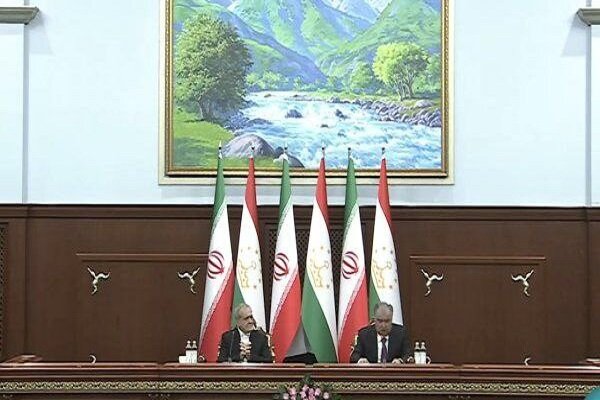
Tajikistan’s President Emphasizes Strengthening Cooperation with Iran for Enhanced Bilateral Relations
Iran and Tajikistan have reaffirmed their commitment to strengthening bilateral cooperation, as emphasized during a recent joint press conference in Dushanbe. President Rahmon highlighted the importance of expanding inter-parliamentary relations and signed several cooperation documents aimed at enhancing ties. Key discussions included a long-term Exports and Trade Cooperation Plan for 2030, increased private sector collaboration, and leveraging transit capabilities for trade. The leaders also acknowledged the significance of visa cancellation for boosting tourism and stressed the need for security cooperation to combat regional challenges like terrorism and drug trafficking. Overall, the meeting laid the groundwork for future collaboration in various sectors.
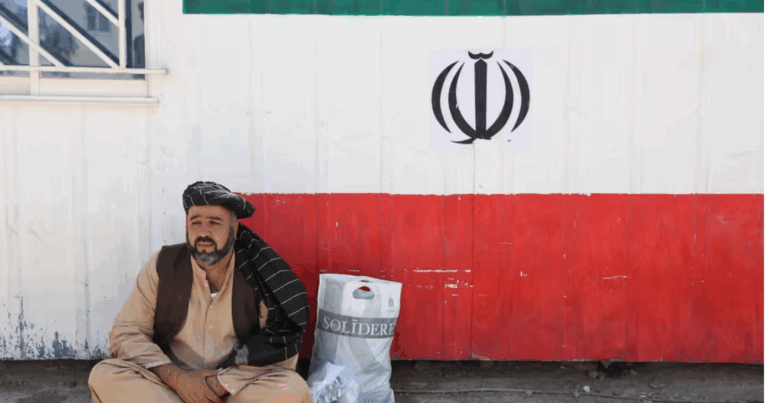
Iran’s Economic Decline Fuels Growing Populist Movement to Expel Afghan Migrants
As inflation and unemployment rise in Iran, discussions about undocumented Afghan migrants have intensified, with many citizens and officials advocating for their expulsion. Interior Minister Eskandar Momeni highlighted concerns over job scarcity, noting over 1.2 million undocumented migrants were repatriated last year. Approximately 6.1 million Afghans reside in Iran, though unofficial estimates suggest up to 15 million. Advocates argue that Afghan migrants benefit from government subsidies meant for citizens, exacerbating public frustration. Amid economic instability, President Masoud Pezeshkian called for stricter border controls and international assistance, reflecting the complex dynamics of immigration and national identity in Iran.
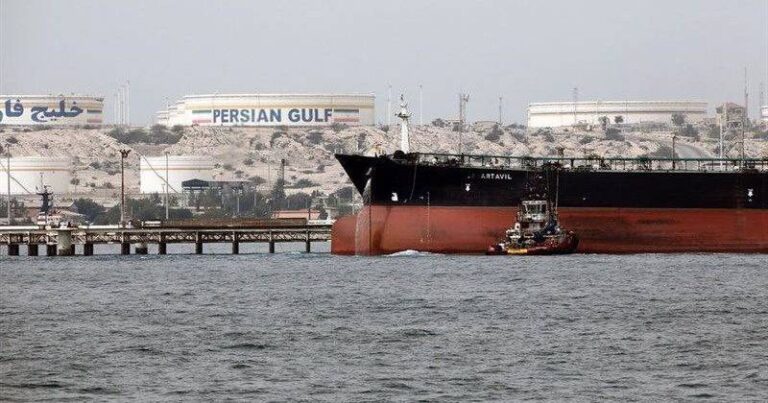
Iran Aims to Boost Oil Sales in China Ahead of Potential Trump Comeback
Iran is facing a severe decline in oil exports to China, with daily shipments dropping below 1.3 million barrels since October, a decrease of 550,000 barrels. The country’s floating oil reserves have more than doubled to approximately 20 million barrels due to logistical challenges and U.S. sanctions affecting 35 tankers. Many of Iran’s main customers in China, small independent refineries, are struggling and some have declared bankruptcy. To offload oil reserves valued at $1 billion stored at Chinese ports, Iran is renting foreign tankers to obscure its involvement. With Donald Trump’s potential return to power, the outlook for Iranian oil exports remains bleak.
